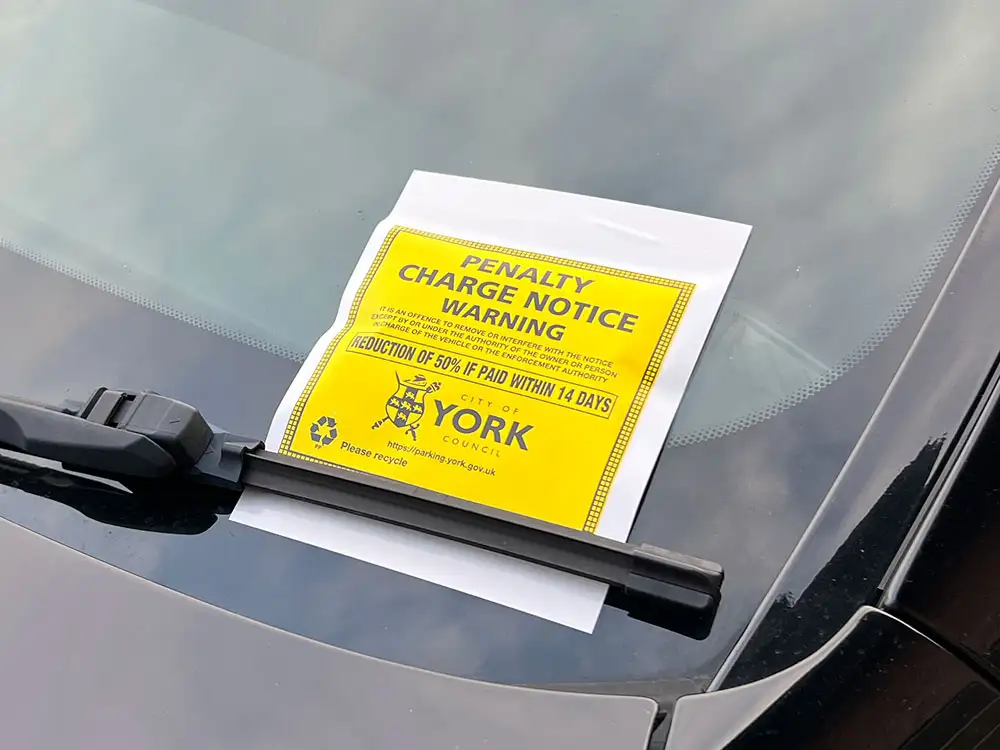The proposed increase in York parking fees means it will sometimes work out cheaper to pay a parking fine than to buy a long-stay ticket.
Charges at central York car parks would be £25.50 for stays longer than five hours on Fridays, Saturdays and during events if City of York Council budget proposals are approved.
Meanwhile the parking fine levied for not paying for a ticket in these car parks is £25, if you settle up within 14 days.
That £25.50 top rate would apply at the council-run Bootham Row, Castle, Coppergate and Esplanade car parks.
Businesses have already said that the ‘huge rises’ in car park charges will damage York.
Opposition Liberal Democrat Cllr Andrew Hollyer said: “You couldn’t make it up! It’s shocking that it will now be cheaper to commit a parking offence and pay the fine instead of actually paying to use the city’s car parks.
“Obviously we don’t suggest taking this approach, but it does demonstrate the extent to which residents and visitors are being squeezed by this Labour council.
“The council has pledged that by 2026 it will have implemented new parking charges and modified the provision of council-owned parking space in and around the city centre.

“It’s clear that by implementing a large price increase now, they are jumping the gun and putting all that work in jeopardy. Parking prices should be looked at in the context of the wider review of city centre parking provision.”
Cllr Kate Ravilious, who’s the executive member for transport on Labour-run City of York Council, said they were hamstrung by the national rules.
“Unlike in Scotland and London, the penalty charge notice cap in England has not increased in 25 years, explaining why parking charge costs over longer stays are catching up.
“The council’s parking charges are consistent with its Local Transport Strategy and its goal of reducing congestion to support more reliable bus services.
“Penalty charge notices remain in place to act as a disincentive to those who consider flouting the law, something we’d strongly discourage”.
